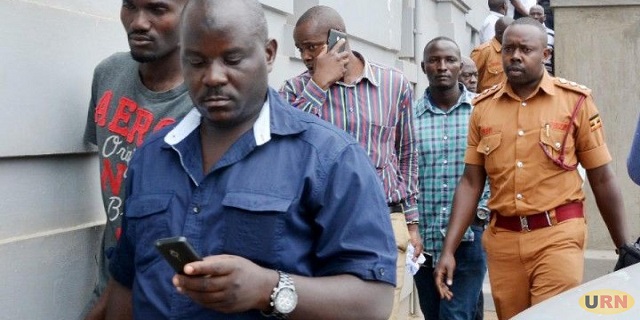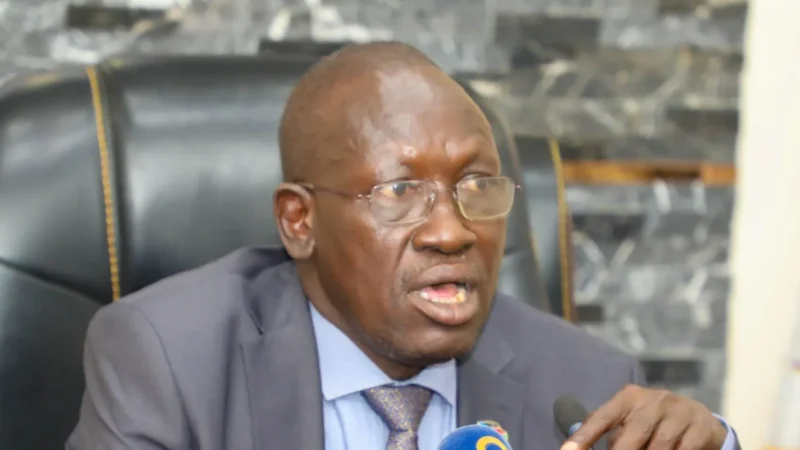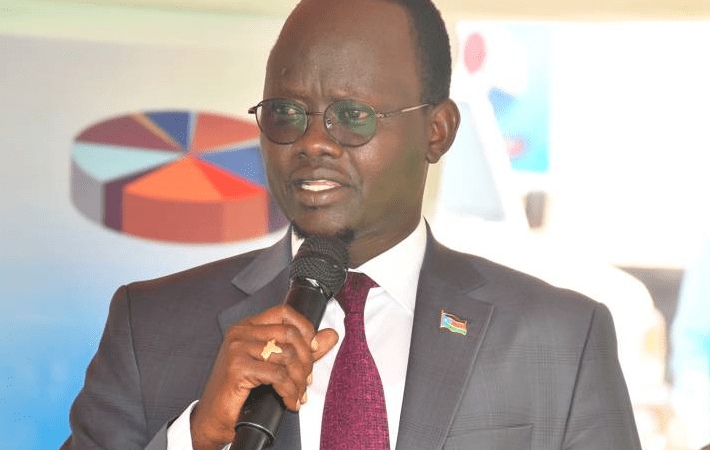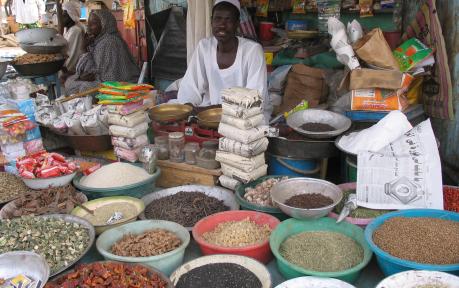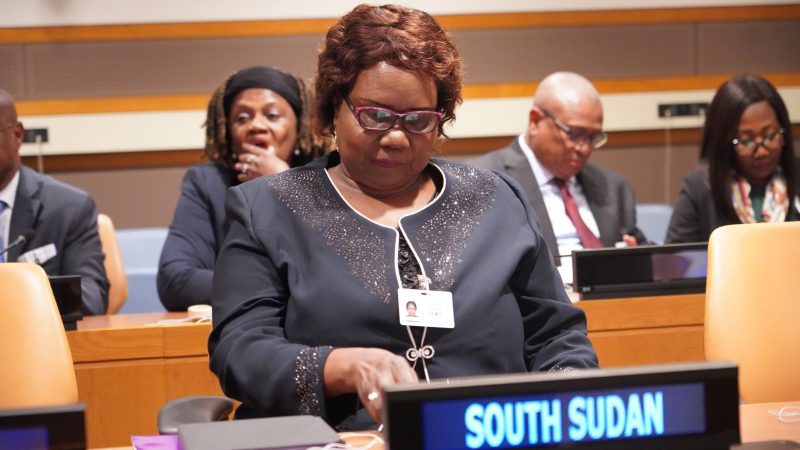South Sudanese authorities have fined small scale traders for shutting down shops in the wake of the botched protests organised by civil society activists last week.
Multiple traders in Konyokonyo market, Juba town, Jebel and Muniki area told Sudan Tribune Wednesday that officials, collaborating with security officers, police and military personnel from the Juba City Council have been threatening to arrest them for failing to open their shops on August 30, 2021.
These officials accompanied by security personnel, military, and police, according to multiple traders, imposed financial fines ranging between 150,000 SSP ($375) to 50,000 SSP ($125) each.
“We were not allowed to talk. They just asked for the money and when you ask, they say they are fines for failing to open and operate your shop on Monday”, a trader told Sudan Tribune Wednesday.
A police source privy to what transpired told Sudan Tribune separately the collection was to cover expenses incurred on the forces deployed on Monday.
“You know the government is broke to the core. Even finding a fuel to put into an official car for official purpose require a strategy to get funds for it. Soldiers too had to eat, and this was not budgeted. So, the money must be found somewhere and collecting them from traders was one of the strategies to pay for these expenses and the Juba city council was given the responsibility to do that. And because of the envisioned resistance from traders, the soldiers were deployed for that purpose”, he explained.
Traders argued that they could not open their shops because they were unsure of the nature of protest, citing previous incidents in which shops were ransacked without government intervention.
Rights groups said security forces have arrested several people, including activists and a bishop, ahead of a botched mass protest.
Meanwhile, a police spokesman denied the arrests, but later explained that the deployment was to protect lives and properties.
The government was reacting to activities of a coalition of leaders of the civil society organisations calling on President Salva Kiir and the First Vice-President Riek Machar to step down.
The activists had planned nationwide protests, which the country’s authorities quickly subdued.
Tensions were high and government officials, including Kiir and members of his administration were worried about the mass protests and heavily deployed security forces.
Observers say citizens easily accepted calls for mass protests because soldiers are underpaid and overlooked in promotions. Other reasons include political and economic stagnation, rampant corruption, growing nepotism in government and armed forces, insecurity and lack of empathy.
Political opponents and journalists argue that lack of political space to freely assemble, arbitrary arrest and detention explains why the country’s citizens have lost faith in the coalition government.


